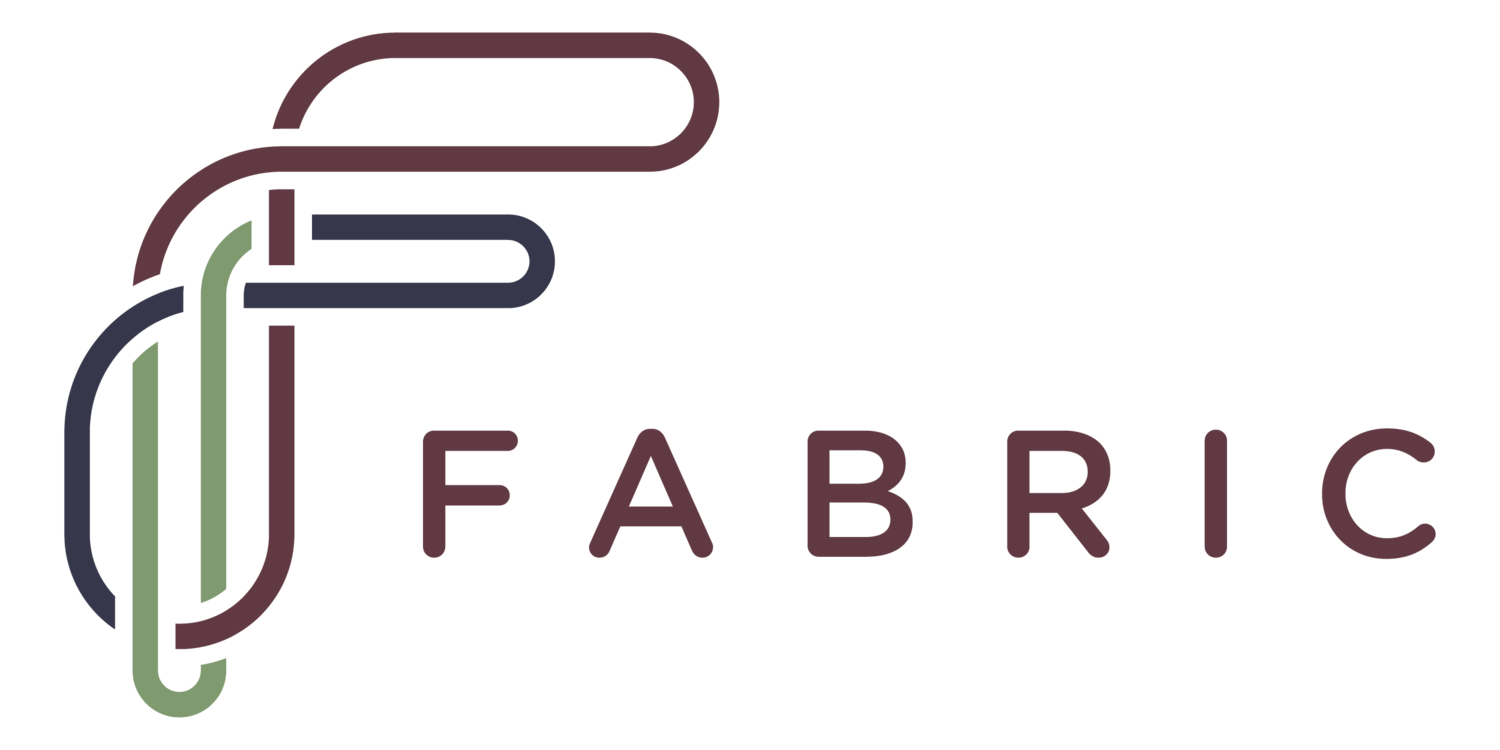The Upside of Down Time
/A reflection on the “Cease and Resist” series in words and photos, by Jeanette Mayo
“Restoration in Process” photo by Jeanette Mayo
Sometimes I wish I could hang a sign like this around my neck as a “work still in progress” warning. I’m not sure what state I’m being restored to, but it sure seems to be taking an entire lifetime! Habitat restoration involves intentionally returning a landscape to its original condition, repairing the damage caused by invasive species and human interference so that the healed ecosystem can thrive and support the native species meant to live there. It takes work, time, and a village. How is YOUR inner ecosystem doing? Got toxicity? Is your peace being eroded away?
Good to know I’m not the only one engaged in this process. Heard of the Slow Food movement? I’ve often thought there should be a Slow Life movement as well – so what a great opportunity these last few weeks with Fabric have been as we reflected on the “Cease and Resist” theme of Sabbath.
“slow life movement” photo by Jeanette Mayo
Personally, I welcomed the inspiration and invitation for embracing Sabbath as a practice, not merely dismissing it as a nice theory for those lucky people with all-too-coveted “spare” time and disposable income for vacations, healthy people who don’t need to be unwillingly “forced” to rest, or those “religious” folks. We are spiritual beings: rest is part of our divine DNA, modeled by the creator of the universe and Jesus himself, if you want to look it at it that way. We are wild things, wired with cyclical rhythms of activity and rest as much as any creature or season. We are social beings, built for engagement and support – which can be especially important when resisting the tempations of our productivity-focused cultures. This played out beautifully in my group, where self-care was modeled even when that meant not attending, and “Sabbathing” became a verb (thanks, Linda!). How delightful on the Sunday of Fabric’s community “radical Sabbath” of not meeting at all to share group texts and photos of how each of us was “Sabbathing”!
“Basking” photo by Jeanette Mayo
“We make holy what we give our attention to,” said Pastor Ian. Attending to delight and “astonishingly useless” favorite things is not frivolous but essential. “Anyway, whatever it is, don’t be afraid of its plenty,” wrote poet Mary Oliver. “Joy is not made to be a crumb.” (From Don’t Hesitate) Scarcity, you are not welcome here! When one of our group members shared that she would be joining friends at a comedy club instead, I immediately thought of another favorite quote by writer Anne Lamott: “Laughter is carbonated holiness.” Joy is holy. Play is holy (and also a primal instinct, not just a learned behavior). Pausing is holy because it creates space and invites the unexpected.
Rest is more than a nap; Sabbath is always available. Stop, drop and gawk, I say. Any moment can be transformed into a leisurely lingering of letting go and allowing. As another favorite poet prophet,David Whyte, eloquently states in his 2018 essay on rest from Consolations: “Rested, we are ready for the world but not held hostage by it, rested we care again for the right things and the right people in the right way. In rest we reestablish the goals that make us more generous, more courageous, more of an invitation . . .” How I love the thought of my very existence as an invitation! Generous, courageous, open – sounds holy to me.
“stop, drop, and gawk.” Photo by Jeanette Mayo








Some Deeper wisdom about doing your job from Mayyadda and Katy Schalla Lesiak’s OpEd this week. “…If those questions raise your own version of imposter syndrome or worry that you are wasting your time or not doing enough – you might be doing something right!”